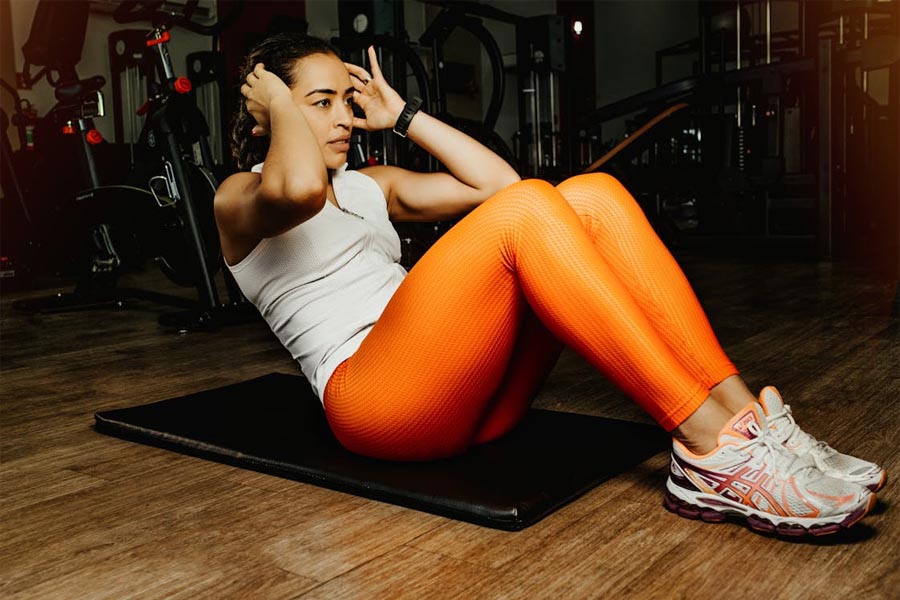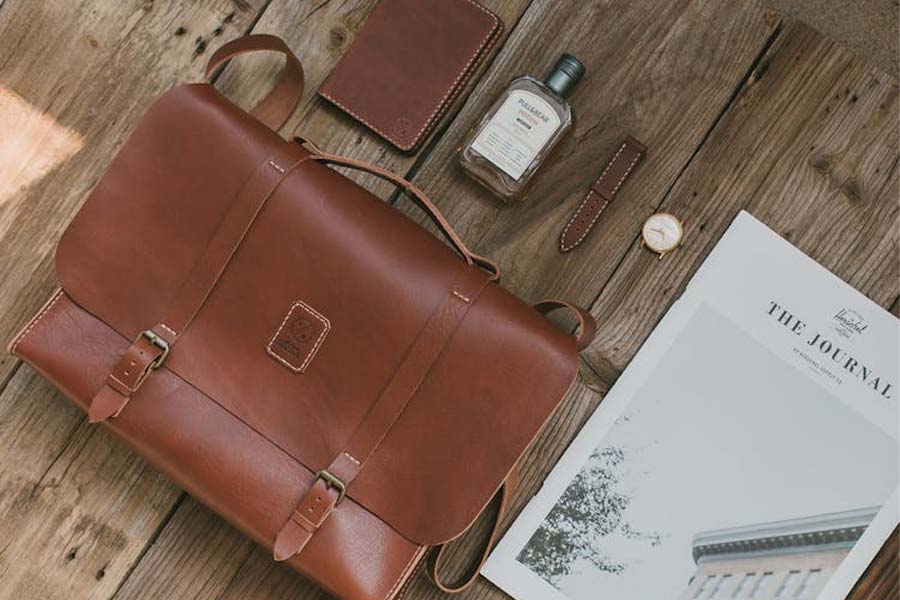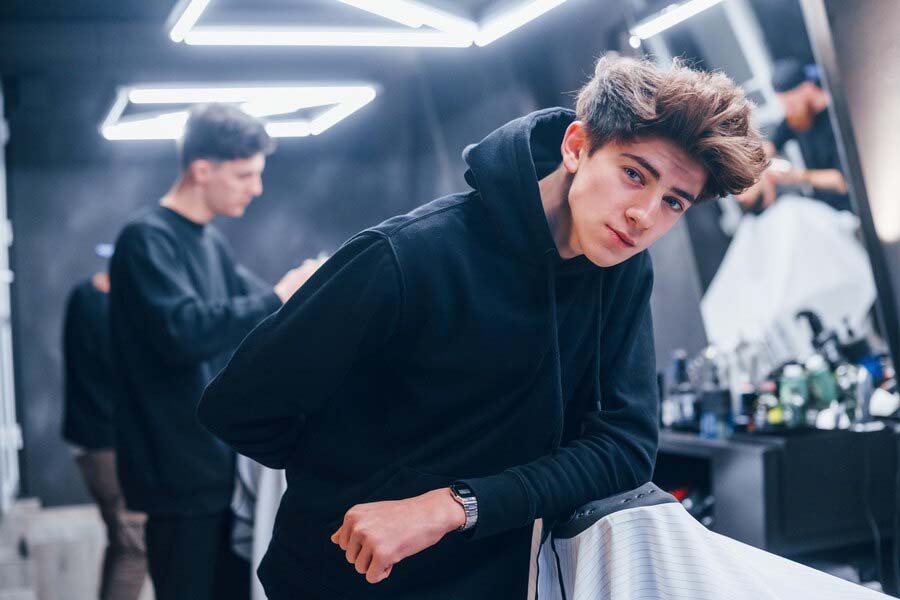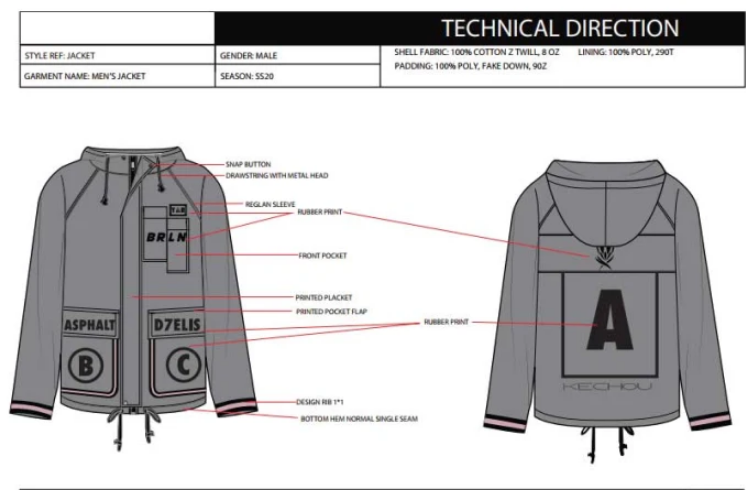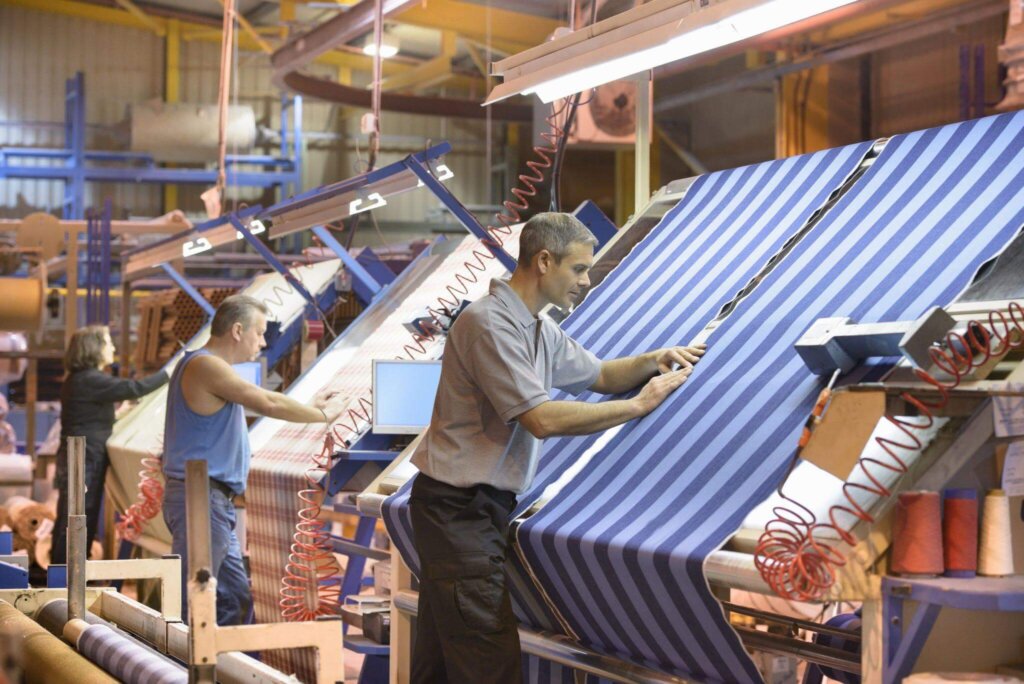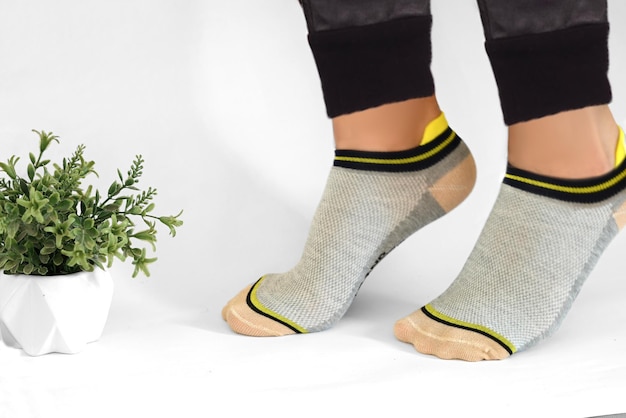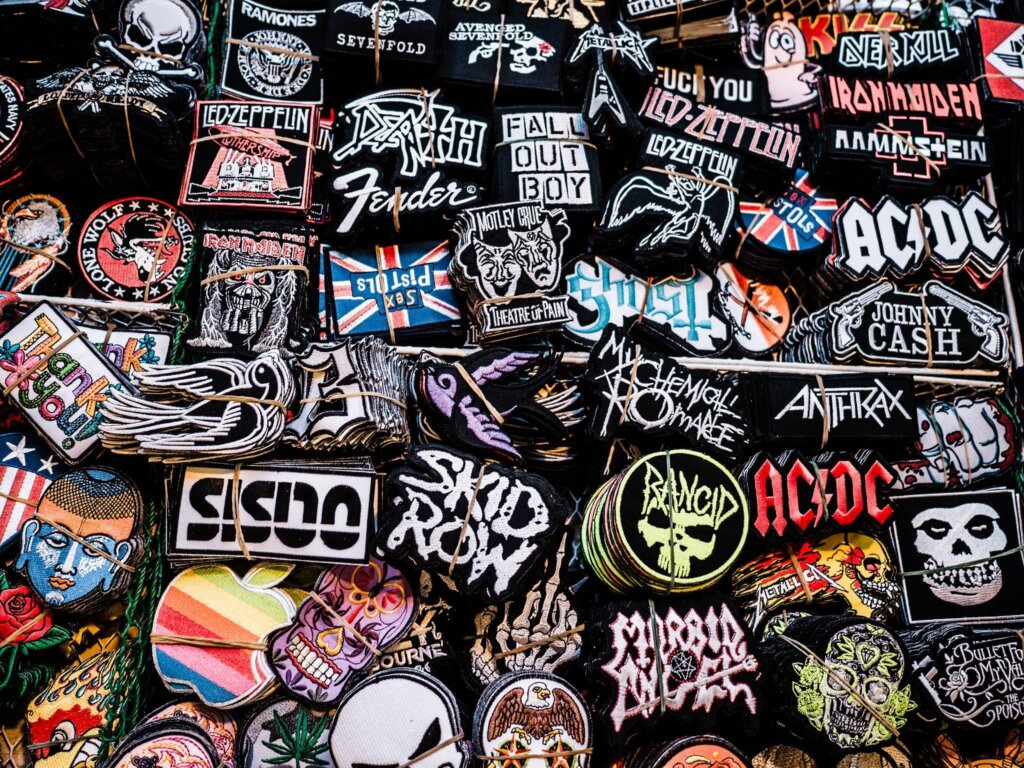Establishing a denim brand requires mastery of technical specifications, supply chain logistics, and market positioning. With global denim apparel market projected to reach $88.1 billion by 2028 (CAGR 6.8%), strategic implementation of industrial frameworks separates successful ventures from commodity competitors. This guide provides technical protocols for launching denim collections with commercial viability.
Competitive Landscape Analysis

Denim manufacturing operates within a stratified competitive hierarchy:
| Tier | Market Share | Technical Capabilities |
|---|---|---|
| Heritage Brands | 38% (Levi’s, Wrangler, Lee) | Vertical integration, proprietary machinery |
| Premium Designers | 27% | Artisanal techniques, limited editions |
| Emerging Brands | 35% | Niche specialization, rapid prototyping |
Competitive differentiation requires:
- Technical Innovation: Laser finishing, ozone washing (±0.5 pH control)
- Sustainable Certification: GOTS, BCI cotton sourcing
- Fit Engineering: 3D body scanning databases
Ludyway’s manufacturing data indicates emerging brands capturing 18% market growth through custom jeans manufacturing with MOQs from 300 units.
Denim Business Models

Select business architecture aligned with technical capabilities:
Design-Centric Model
- Investment: $25,000-$80,000
- Requirements: ASTM D6962-compliant tech packs
- Production: Partner with full-package manufacturers
Vertical Manufacturing
- Investment: $500,000+
- Equipment: Shuttle looms, laser cutters, automated fusing
- Certifications: ISO 9001, STeP by Oeko-Tex
Hybrid Sourcing Framework
- Structure: Design in-house, outsource production
- Technical Oversight: Quality control protocols at all stages
- Implementation: Ludyway’s private label clothing program reduces startup costs by 30%
Technical Launch Protocol

- Market Analysis and Positioning
Conduct quantitative research:
- Fabric testing (Martindale abrasion >25,000 cycles)
- Fit profile database analysis (8 body types)
- Competitive teardowns (cost structure, margin benchmarks)
- Business Plan Architecture
Develop financial model with:
| Component | Cost Range | Technical Parameters |
|---|---|---|
| Prototyping | $2,500-$7,000 | 3 fits × 2 washes × 3 sizes |
| Initial Production | $15,000-$50,000 | 500 units @ 14oz denim |
| Compliance | $3,000-$8,000 | REACH, CPSIA, Prop 65 |
- Brand Technical Identity
Establish measurable brand standards:
- Color tolerance: ΔE ≤ 1.5 (spectrophotometer)
- Stitch density: 8-12 SPI (ISO 4915)
- Reinforcement: Bartack strength >200N
- Sourcing and Production
Implement multi-tier sourcing strategy:
- Fabric: Mill partnerships (Turkey, Japan, USA)
- Trims: YKK® zippers, Rico buttons
- Manufacturing: Cut and sew specialists with denim expertise
Ludyway’s vertical production ensures 98% first-pass quality rate through ISO 9001-certified processes.
- Technical Marketing
Develop content highlighting:
- Fabric provenance (traceable cotton)
- Sustainable processes (water consumption <40L/unit)
- Fit engineering technology
Denim Engineering Specifications
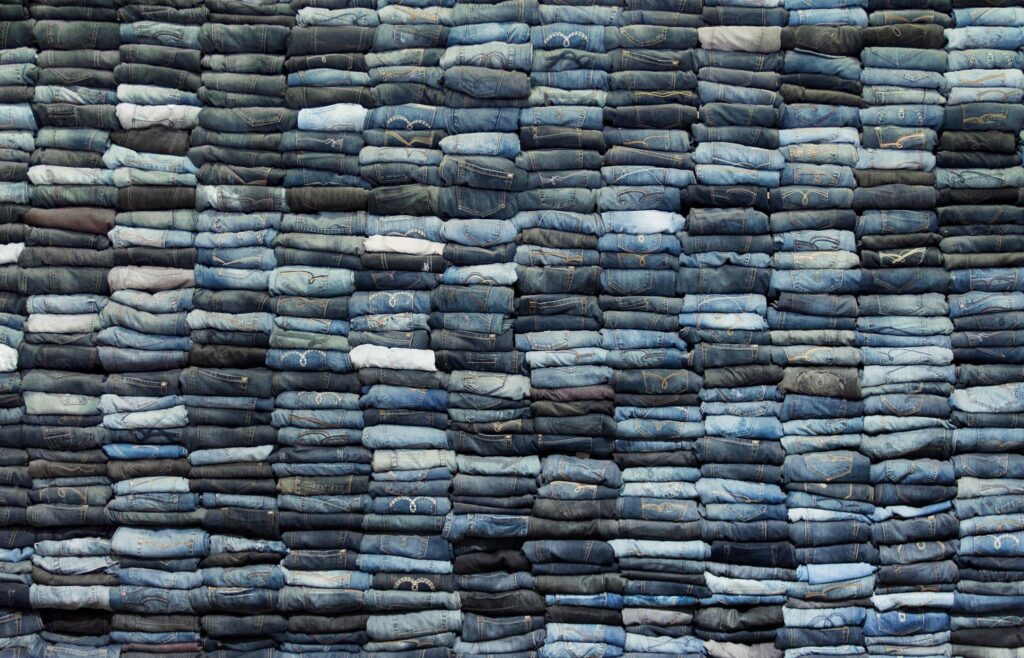
- Material Selection Protocol
Specify with industrial standards:
| Parameter | Standard Range | Premium Benchmark |
|---|---|---|
| Weight | 10-14oz | 14-16oz selvedge |
| Stretch Ratio | 2-3% (comfort) | 30-40% (performance) |
| Shrinkage Control | 5-8% (sanforized) | 1-3% (laser finishing) |
- Sustainable Material Engineering
Implement eco-technologies:
- Organic cotton (GOTS-certified)
- Waterless dyeing (CO₂ technology)
- Laser abrasion (replaces chemical washes)
- Fit Architecture
Develop using anthropometric data:
- 12-point measurement grading system
- Crotch depth variations by gender
- Stretch mapping in stress zones
- Component Specification
Detail technical requirements:
- Thread: Core-spun polyester (Tex 40)
- Rivets: Copper alloy with epoxy coating
- Labels: Wash-resistant satin weave
- Prototype Validation
Conduct 3-stage testing:
- 3D virtual fit simulation (CLO/Browzwear)
- Wear testing (50 cycles ASTM D4966)
- AQL 2.5 inspection (ANSI/ASQ Z1.4)
- Production Scaling
Implement manufacturing protocols:
- Automated cutting (GERBERcutter®)
- Specialized machinery (union sewers, fusing presses)
- In-process quality control (7 checkpoints)
For decorated denim, specify screen printing or sublimation printing parameters in tech packs.
Conclusion
Successful denim brand launches integrate technical specifications, responsible sourcing, and precision manufacturing. By implementing measurement-driven design (12-point grading), sustainable material engineering (GOTS cotton), and quality-controlled production (AQL 2.5), emerging brands achieve commercial viability. Ludyway’s vertical manufacturing platform provides end-to-end solutions from prototype development to bulk production, ensuring technical compliance and market responsiveness for denim startups.


